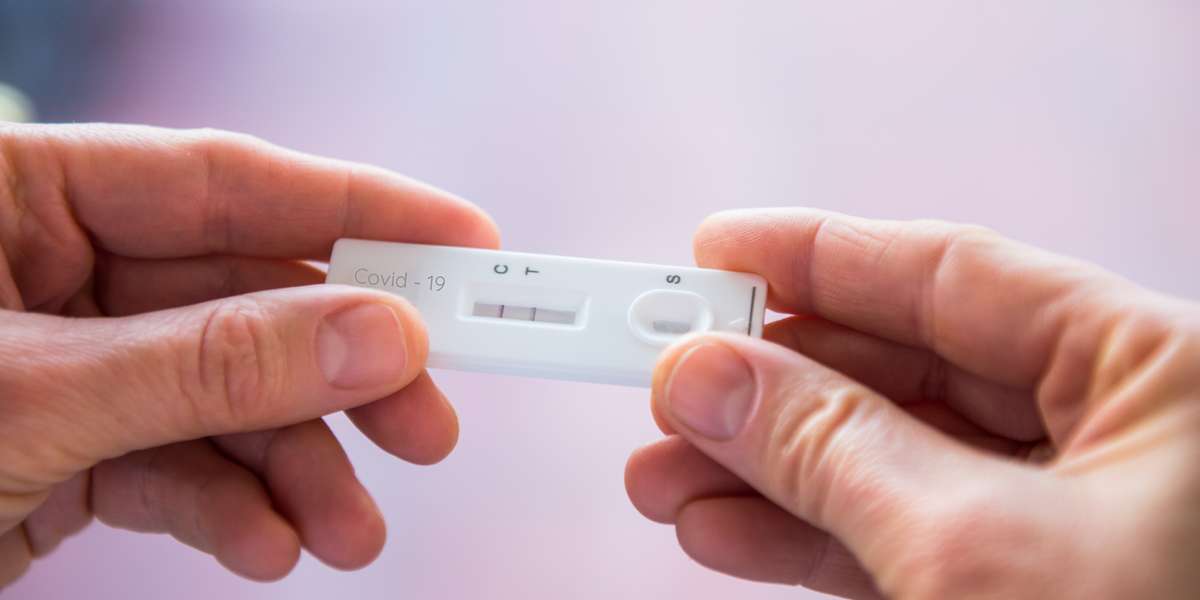Certain serotonin cells in the gut can “triple the rate of infectivity” of the coronavirus, a new study has reported.
Research conducted by Flinders University has found that gut-derived serotonin can trigger gut dysfunction if infected with COVID-19.
Prior studies have reported that antidepressants can prevent severe gut symptoms of the coronavirus.
Lead author Professor Damien Keating said: “Our study endeavoured to understand whether the gut could be a site of disease transmission and what genes might be associated with the virus entering the cells lining the gut wall.”
- Severe COVID-19 infection damages the human gut
- COVID-19 pandemic linked to rise in youth-onset type 2 diabetes
During the study, the team of scientists analysed the genetic sequences of a variety of cell types located on the wall of the gut and from within the intestine.
They detected a certain group of cells within the gut that contained all the genetics linked to COVID-19.
Professor Keating added: “Many genes linked to COVID-19 were found expressed in the different cell types lining the gut wall but only serotonin cells expressed all three receptors for the virus.
“Expression of all three SARS-CoV-2 receptors triples the rate of cell infectivity, compared to expression of only two receptors.”
According to the academics, the findings from this study offers vital insights on how the role of the gut affects the coronavirus.
- Antidepressants may help to reduce risk of death among people with both diabetes and depression
- Serotonin may have anti-diabetic properties
Professor Keating said: “Our study adds further evidence that COVID-19 is far more likely to infect cells in the gut and increase serotonin levels through direct effects on specific gut cells, potentially worsening disease outcomes.
“It also provides further support to emerging clinical evidence that antidepressant drugs, which block serotonin transport around the body, may serve as a beneficial treatment.”
He added: “As COVID-19 continues to circulate, further research will be required to advance our understanding of the gut’s role in this virus and continue to find treatment options to work alongside vaccinations.”
The study has been published in the world’s leading gastrointestinal research journal Gut.







